Gaza govt. says Israel hinders ‘minimum amount’ of aid as scale of suffering shocks UN
Gaza’s Government Media Office has warned that Israel is “seriously” worsening the humanitarian situation in the strip by not allowing the delivery of the “minimum” amount of aid agreed upon in the ceasefire deal.
“The amount of aid that entered the Gaza Strip is still far from the minimum required,” the Government Media Office said in a statement on Friday.
According to the statement, 8,500 trucks have entered the strip since the agreement came into force three weeks ago, instead of the required 12,000. Moreover, 2,916 trucks reached northern Gaza, instead of 6,000.
The office noted that most of the aid trucks carried food, vegetables, fruits and non-essential items such as potato chips and chocolate, adding this is “a clear manipulation of the needs and priorities of relief and shelter.”
According to the statement, 60,000 mobile units and 200,000 tents was supposed to be delivered.
However, only 10 percent of tents entered the strip, leaving hundreds of thousands of people homeless, amid cold weather.
Meanwhile, only 15 trucks carrying fuel needed to operate hospitals and essential facilities crossed into Gaza on a daily basis, instead of the agreed 50.
The office warned that Israel’s procrastination leads to "a serious deterioration of the catastrophic humanitarian conditions in the Gaza Strip."
It noted that Israel has blocked the entry of electric generators and their spare parts, solar panels and batteries, as well as heavy equipment and machinery needed to lift 55 million tons of debris.
According to the statement, the Israeli regime is also delaying the entry of medical equipment.
The office urged the ceasefire deal’s mediators to exert pressure on Israel to implement the humanitarian protocol of the agreement.
It also urged the international community not to remain silent on the human tragedy and called for “accelerating the convening of an international conference on the reconstruction of Gaza” to thwart schemes to displace Palestinians.
Aid ‘insufficient’: Global charity
The Norwegian Refugee Council (NRC), a global aid agency, also stressed that the amount of aid entering Gaza on a daily basis is insufficient to respond to the needs of the residents.
“Prior to October 7, [2023], 500 trucks were entering Gaza on any working day – and that was when people were working and living in their homes,” Shaina Low, communications adviser at NRC, told Al Jazeera. “Now, we’re having 600 trucks enter each day and we’re in an emergency crisis setting.”
Low also noted that there were “delays in screening certain types of material” labeled as “dual use” by Israel, including medical supplies.
Suffering in Gaza 'beyond my worst fears': UN relief chief
Israel’s hindering of aid delivery comes while the United Nations Under-Secretary-General for Humanitarian Affairs, Tom Fletcher, said "the scale of destruction and suffering is beyond my worst fears."
Fletcher, who paid a visit to Gaza, said "Since the Gaza ceasefire took hold, humanitarians are mobilizing massive lifesaving aid - food, water, tents, medicine - for the survivors. We must be supported to continue."
During the 15 months of the Israeli regime’s genocidal war against the people of Palestine that began in October 2023, at least 47,583 were killed, and 111,633 injured, most of them children and women.
On January 15, the Israeli regime, failing to achieve any of its war objectives including the “elimination” of the Palestinian resistance movement Hamas or the release of captives, was forced to agree to a ceasefire deal with Hamas.
VIDEO | Press TV's news headlines
Senior Russian general shot and wounded in Moscow: Officials
UK ordered in 'milestone' court ruling to pay $570 million for colonial-era massacre
VIDEO | Defying the rubble, Gaza opens its first face-to-face school since start of war
‘Ready for next round’: Million-man rally in Yemen backs Gaza, resistance
FM Araghchi departs Muscat for Doha following nuclear talks with US
Israeli keeps killing more Palestinian civilians in Gaza amid relentless ceasefire violations
Aliyev: Azerbaijani territory will not be used for threats against Iran


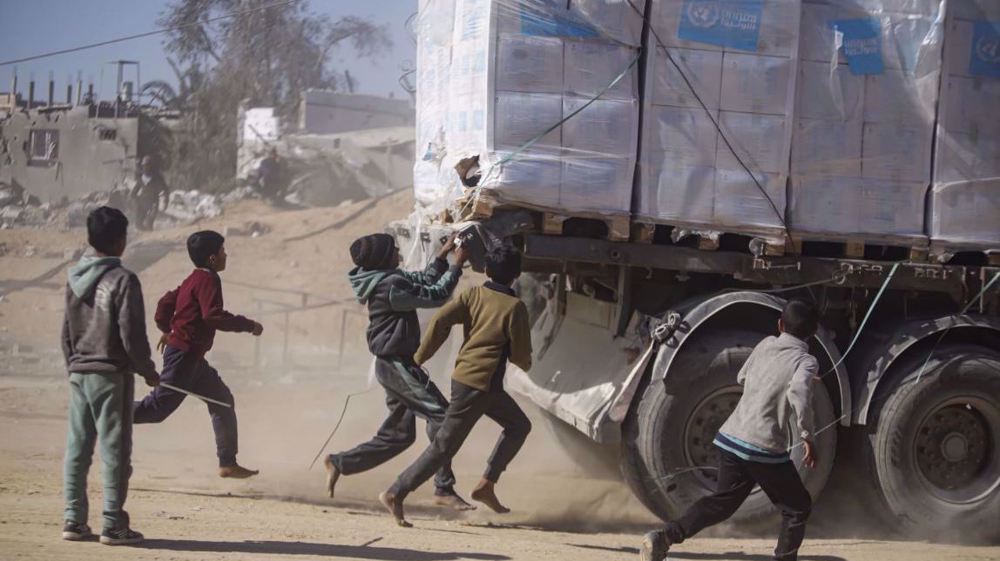



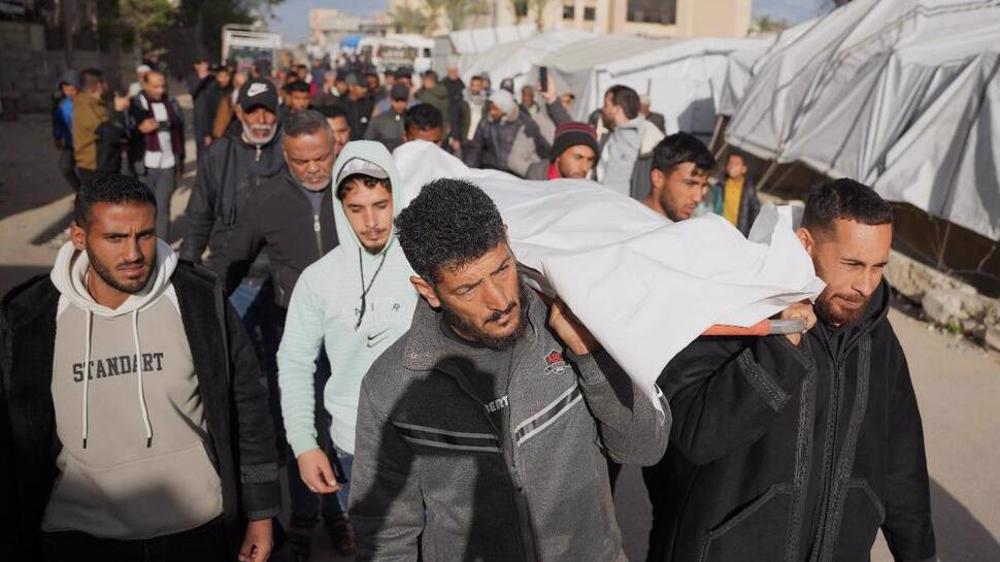



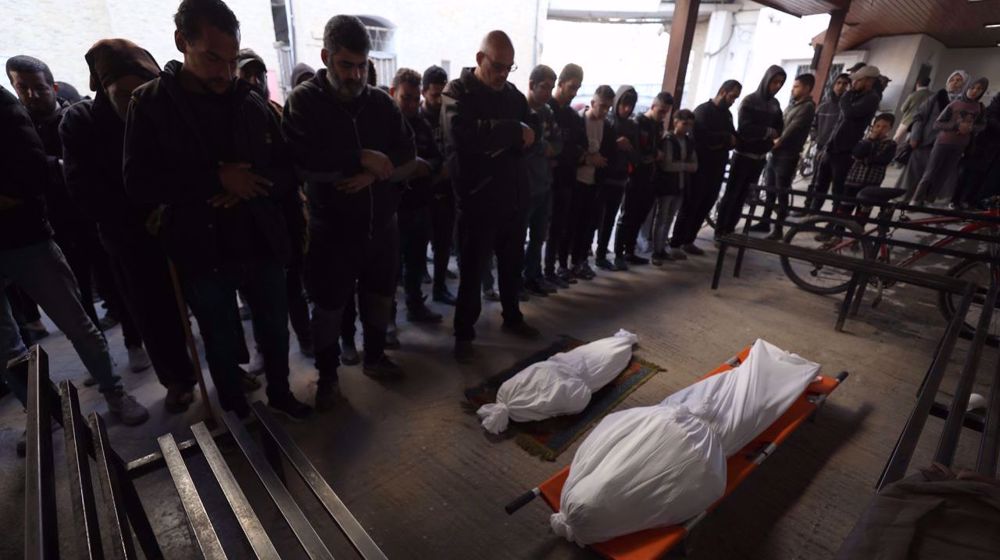
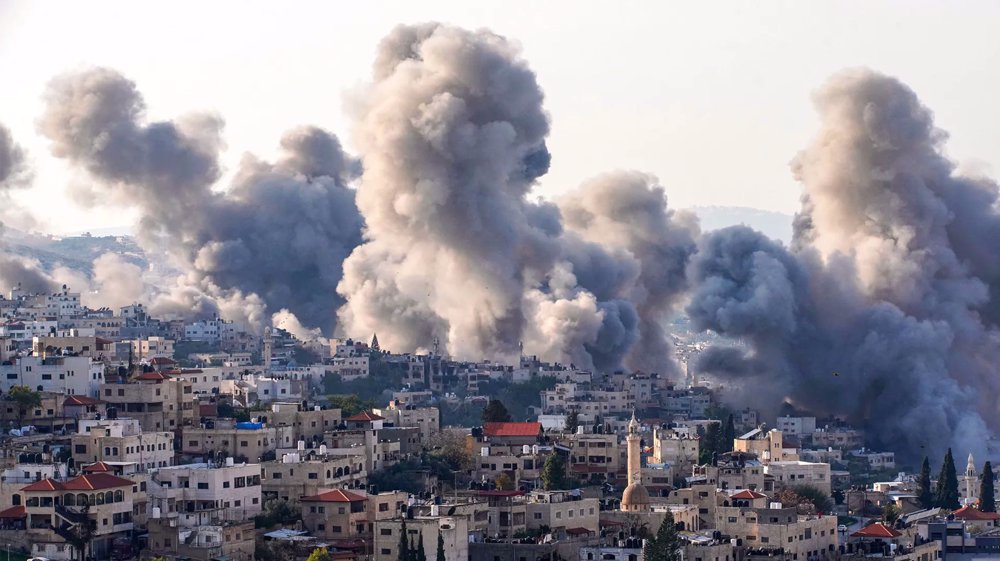

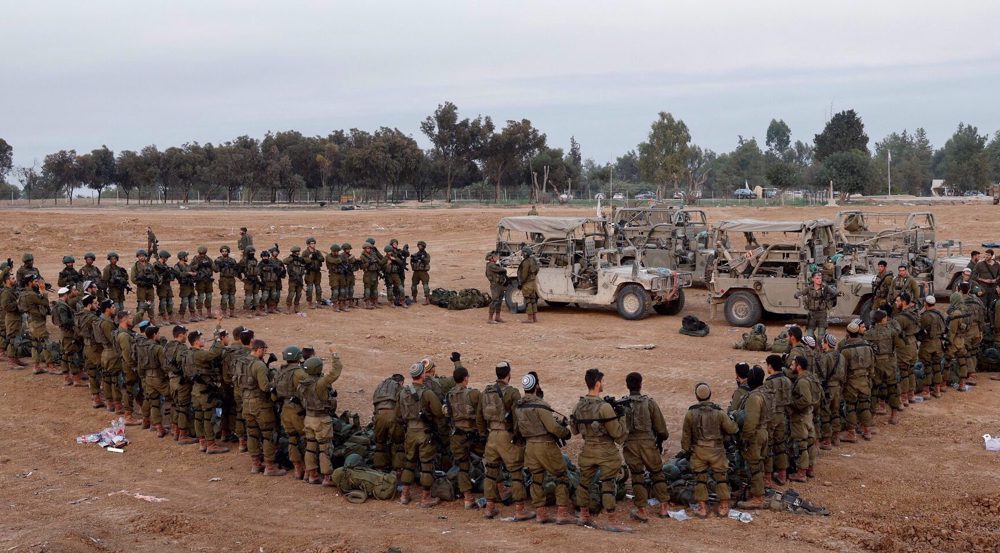

 This makes it easy to access the Press TV website
This makes it easy to access the Press TV website